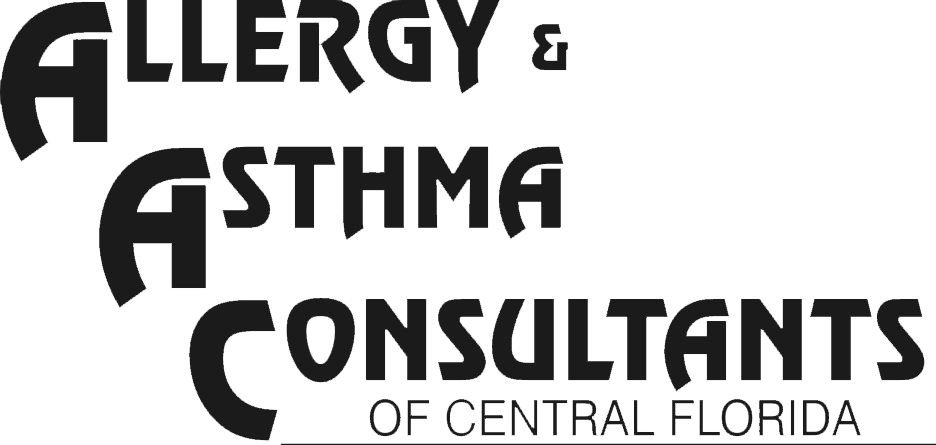Allergy Testing & Treatment
Inhalant (Environmental) Allergies | Food Allergies | Skin Allergies | Insect Venom Allergies | Medication Allergies | Acoustic Rhinometry | Immunotherapy
Inhalant (Environmental) Allergies
The immune system's job is to protect the body from infections caused by various microorganisms, but sometimes the immune system overreacts to a harmless substance, creating what we call an allergic reaction. Environmental allergies are allergic reactions to common airborne substances, such as:
- Dust
- Pollen
- Mold
- Animal Dander
The most effective treatment for allergies is avoidance of whatever causes them. It is impossible to avoid all airborne allergens, but anyone who experiences an allergic reaction to the items listed above should do their best to limit their exposure and avoid certain situations where they know these allergens will be more prevalent.
Food Allergies
Food allergies are caused by the immune system's abnormal response to a certain food. While some food allergies are mild, others can be life-threatening or even deadly. Tree nuts and peanuts can lead to anaphylaxis, and, as a result, nut allergies lead to death more commonly than any other food allergen.
The foods that most often trigger allergic reactions include:
- Peanuts
- Tree nuts
- Fish
- Shrimp
- Lobster
- Crab
- Eggs
- Milk
For those with serious food allergies, carrying an EpiPen® may be necessary.
Skin Allergies
Skin is our largest organ and is critical in our defense of unwanted invaders trying to attack the body. It is constantly faced with toxins that want to enter the body and make us sick. Because our hands, arms, neck and face are generally more exposed than other parts of our body, they are the most common sites of allergic skin reactions, known as allergic contact dermatitis.
Symptoms of skin allergies include a rash, hives, swelling, itching, and cracking of the skin. Treatments include antihistamines, oral steroids and topical creams or ointments.
Insect Venom Allergies
Insect venom allergies are caused by the immune system's overreaction to insect venom in the instance of an ant bite, mosquito bite, wasp sting, bee sting, etc. Reactions to insect venom should be taken seriously and can be life-threatening.
If symptoms such as excessive swelling or shortness of breath occur after an insect bite, further testing can be done to confirm the allergy. Most importantly, if you fear you are having a serious allergic reaction to an insect bite, see a doctor immediately.
Medication Allergies
Serious allergic reactions to certain medications are the leading allergy-associated cause of death in the United States each year. Allergic reactions to certain drugs occur when the immune system fears it is being invaded by an antigen that is unwelcome and overreacts. Allergic reactions to a drug can range from mild rash-like symptoms to life-threatening anaphylaxis and organ failure.
If you experience symptoms (hives, vomiting, shortness of breath) after taking your medication, it is important to contact the office of the doctor who prescribed it to you. If your provider can't be immediately reached, it is always better to be on the safe side and go to the hospital to get checked out. If you are having difficulty breathing, or you are feeling faint, do not attempt to drive yourself. Have someone drive you or call for emergency assistance.
Mild symptoms can be treated fairly easily and should subside after the medication is discontinued. Severe allergic reactions to medication will likely require a stay in the hospital while your primary symptoms are treated and medications are given to reverse the reaction.
Acoustic Rhinometry
Acoustic Rhinometry is a new state-of-the-art technique for evaluating the volume of the nasal cavity and documenting changes in the nasal passage as a result of pharmaceutical or surgical interventions. Acoustic Rhinometry is minimally invasive, accurate and performed quickly, leading to its popularity.
Immunotherapy
Immunotherapy is the use of components of the immune system to treat disease. Immunotherapy is often time thought of in relation to the treatment of cancer and HIV but can also be used to treat those who suffer from other immune deficiencies.
Immunotherapy works by stimulating one's own immune system to work harder/smarter. Man-made immune system proteins can also be given to make up for the components a compromised immune system lacks.
